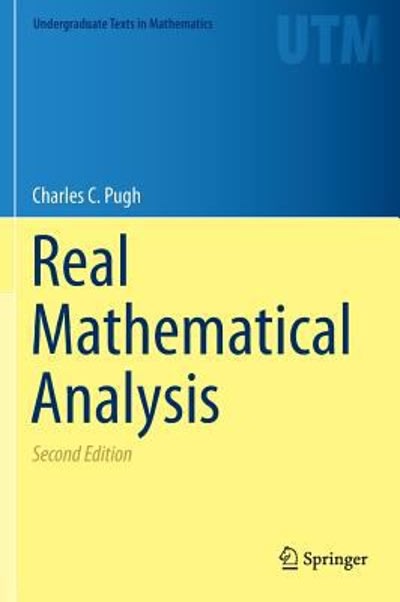Question
Much of the focus in mathematics education today centers around what's called deep understanding. This refers to an understanding of process and relationships and it
Much of the focus in mathematics education today centers around what's called "deep understanding". This refers to an understanding of process and relationships and it represents the ongoing movement away from the more memorization oriented approach that was the basis for mathematics at the beginning of the twentieth century. I remember when I was an undergraduate, I had to take a series of two semester long classes that were almost entirely memorization, specifically memorizing theorems and their proofs. That may have seemed tedious to an outsider but there was a purpose to it. You had to look beyond the individual proofs and see them as design patterns. Learning the techniques and methods used in those proofs gave you a toolbox that you could apply in a much wider range of situations.
As we move into this week's material, we're covering more things that involve a certain amount of memorization. For example, we've covered several formulas for calculating probabilities this week and we'll be adding more very chapter as we go along. Having those formulas at your fingertips, i.e. having memorized them, will make answering questions go much more quickly. What role do you think memorization plays in learning mathematics at this level? How do you approach memorization in your studying/learning? How do you think the need for memorization affects the perception of mathematics?
Step by Step Solution
There are 3 Steps involved in it
Step: 1

Get Instant Access to Expert-Tailored Solutions
See step-by-step solutions with expert insights and AI powered tools for academic success
Step: 2

Step: 3

Ace Your Homework with AI
Get the answers you need in no time with our AI-driven, step-by-step assistance
Get Started


